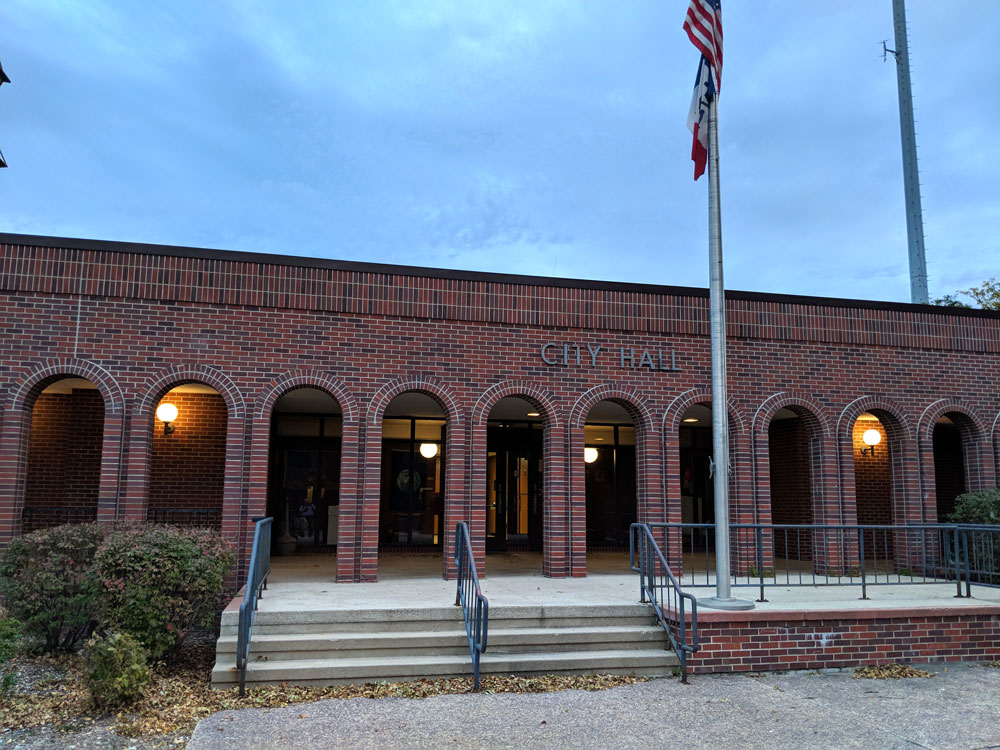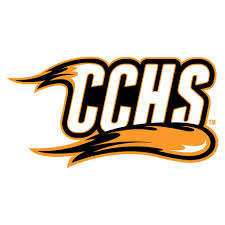Charles City Council looks at waste collection rate hike request
Jendro Sanitation has requested a rate increase in Charles City for solid waste collection. The Charles City Council is examining the request.
Press file photo
By Bob Steenson, bsteenson@charlescitypress.com
Solid waste collection rates for Charles City residents could be increasing if the City Council approves a hike requested by the business that does the community’s hauling.
Jendro Sanitation, which has been purchased by LJP Waste Solutions of Mankato, Minnesota, but is still operating in this area under the Jendro name, requested price increases in August that come under two clauses of its contract with the city.
The council discussed the rate increase request at its workshop meeting Tuesday evening.
City Administrator Steve Diers said the city contract allows Jendro to request an increase to cover unanticipated increases in its costs to operate. The Floyd, Mitchell, Chickasaw Landfill recently increased its tipping fee — the amount it charges per pound of material dropped off at the landfill — by 5%.
Jendro’s contract with the city also allows the company to request an increase once per year to cover changes in the national Consumer Price Index. The CPI increase from August 2020 to July 2021 was 2.7%.
Adding 5% and 2.7% together, Jendro is requesting a 7.7% increase, Diers said. If approved, that would increase the monthly price for residential collection as follows:
- 35-gallon tote – from $13.30 to $14.32, a $1.02 per month increase.
- 65-gallon tote – from $17.14 to $18.46, a $1.32 per month increase.
- 95-gallon tote – from $20.97 to $22.58, a $1.61 per month increase.
Diers said Jendro did not request a CPI rate increase last year. The last rate increase for the company was approved by the council to cover the increased cost of processing recyclable materials. Jendro is in year five of a 10-year contract with the city.
Council member Keith Starr questioned whether 5% should be used as the increase resulting from the higher tipping fee, because it was unlikely that hike caused Jendro’s operating expenses to increase 5%.
“My thought is that a tipping fee is not 100% of their costs. They’ve got fuel and they’ve got trucks and they’ve got labor, so a 5% (tipping fee) increase probably does not increase their overall expenses by 5%,” Starr said, adding that the tipping fee may be only a small part of their total operating costs.
“Before we vote on this I would like clarity to better understand that part of it, because otherwise it’s a little like a double dip there,” Starr said.
Diers said he would request more information from LJP and find out what the company’s operating cost increase really is from the tipping fee increase, “so we can fine-tune that a little bit more.”
Mayor Dean Andrews said, “I think they’re entitled to an increase, we’ve said that. But we just have to make sure we’re at the right increase.”
Also at the meeting, the council held a lengthy discussion on whether the rules for the city’s Downtown Facade Improvement Program need to be tweaked.
The situation arose because the company that owns the building where Dollar General is located has requested grants from the program more than once for siding for the building, to do one side of the building at a time.
“Do we want to permit multiple applications?” asked Diers. “Are they breaking projects into small enough parts to make them all qualify?”
Community Development Director Mark Wicks said there will always be cases where someone tries to take advantage of loopholes in the system, but some people can’t afford to do a big project all at once.
The goal of the program is to improve and preserve businesses in the downtown area, Wicks said.
“The threat is if they can’t afford to do it all at once they may not do it at all” if the council prohibits multiple applications for the same property, he said.
Wicks suggested limiting the number of projects allowed on a property in a period of time, or limiting the type of project, for example saying siding is one project and even if it isn’t done all at once it can only apply for a grant for it once.
He said some businesses have used multiple grants for different types of projects over multiple years, and it has been a plus for the community because it really improved those buildings.
Council member Phoebe Pittman wondered, since this seems to be the first time the council has confronted this, that maybe they’re looking for a solution in search of a problem.
“We want buildings to look as good as possible,” she said.
Andrews said maybe the solution is if the council doesn’t like the way grant money is being proposed to be used, just don’t approve the application.
Wicks agreed that the council has total control over which businesses get facade improvement grants, which pay 50% of a project’s total costs up to a maximum grant of $10,000.
But other council members said there should be rules so businesses know what to expect, and so that the council isn’t put in a position of turning down a grant application that has been recommended by Main Street Charles City’s design committee.
Council member DeLaine Freeseman suggested getting a small group of design committee members and council members together to come up with a recommendation, and volunteered to be on that committee.









Social Share